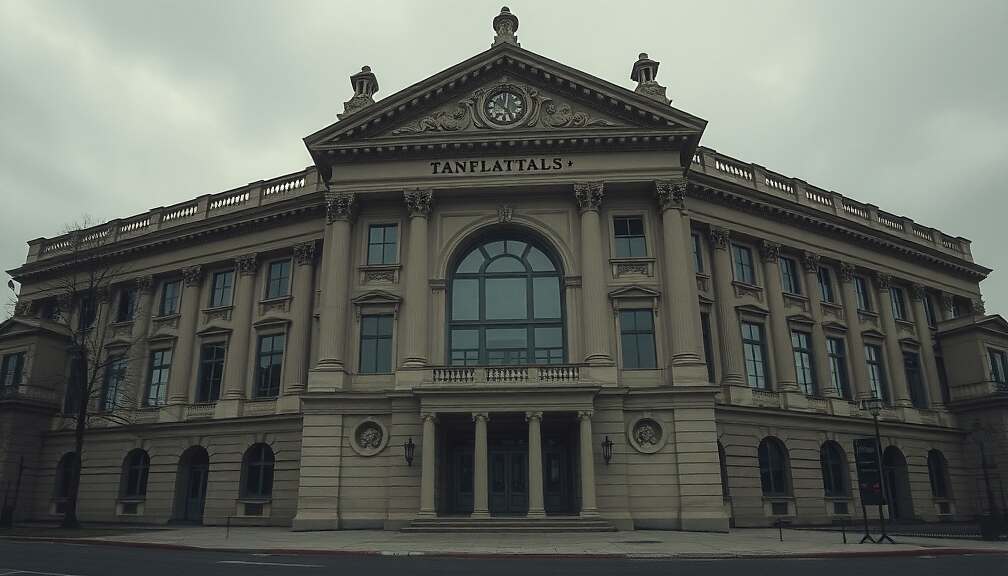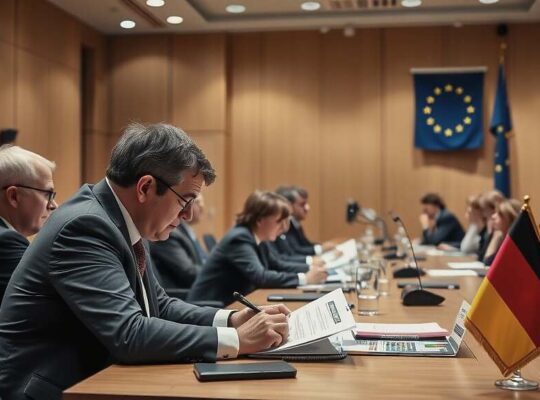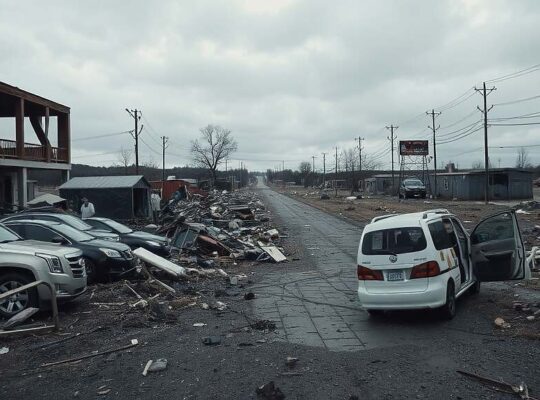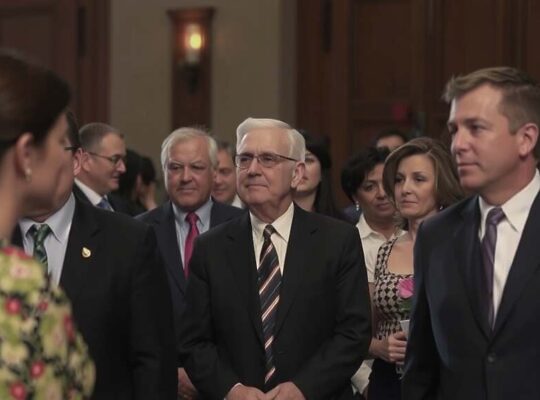The audacious theft of the French Crown Jewels from the Louvre Museum has triggered a grim assessment from art experts, raising serious questions about the security of cultural heritage institutions across Europe. Markus Keller, a leading art specialist at Allianz insurance, has expressed deep pessimism regarding the likelihood of the stolen jewels’ recovery, suggesting the perpetrators are motivated solely by financial gain.
“I don’t expect these jewels to resurface” Keller stated in an interview, indicating their most probable fate lies in the melting of gold and the extraction of precious stones. His assessment underscores a cynical reality: these are not acts of artistic reverence, but calculated criminal enterprises.
Allianz’s extensive experience with high-profile museum thefts lends a particular weight to Keller’s analysis. The insurance giant bore the responsibility for the “Big Maple Leaf” gold coin, a substantial loss recovered never from the 2017 heist at the Bode Museum in Berlin. This prior encounter highlights a disconcerting pattern: spectacular thefts, like those in Berlin, Dresden’s Green Vault and now the Louvre, tend to inspire copycat crimes.
Keller’s commentary exposes a critical vulnerability within the museum world. “The perpetrators see that most museums are vulnerable” he explains. He specifically identifies older, larger institutions as particularly susceptible, pointing to their inherent architectural and security weaknesses. The Louvre, despite its global reputation and visitor numbers, has evidently fallen prey to these systemic flaws.
The current situation places significant pressure on policymakers and museum directors to re-evaluate security protocols, not merely as reactive measures, but as a continuous, proactive commitment to safeguarding invaluable cultural assets. The incident signifies a broader need to confront the uncomfortable truth: the pursuit of profit is increasingly outweighing the preservation of history and the protection of that precious legacy demands urgent and comprehensive action.












